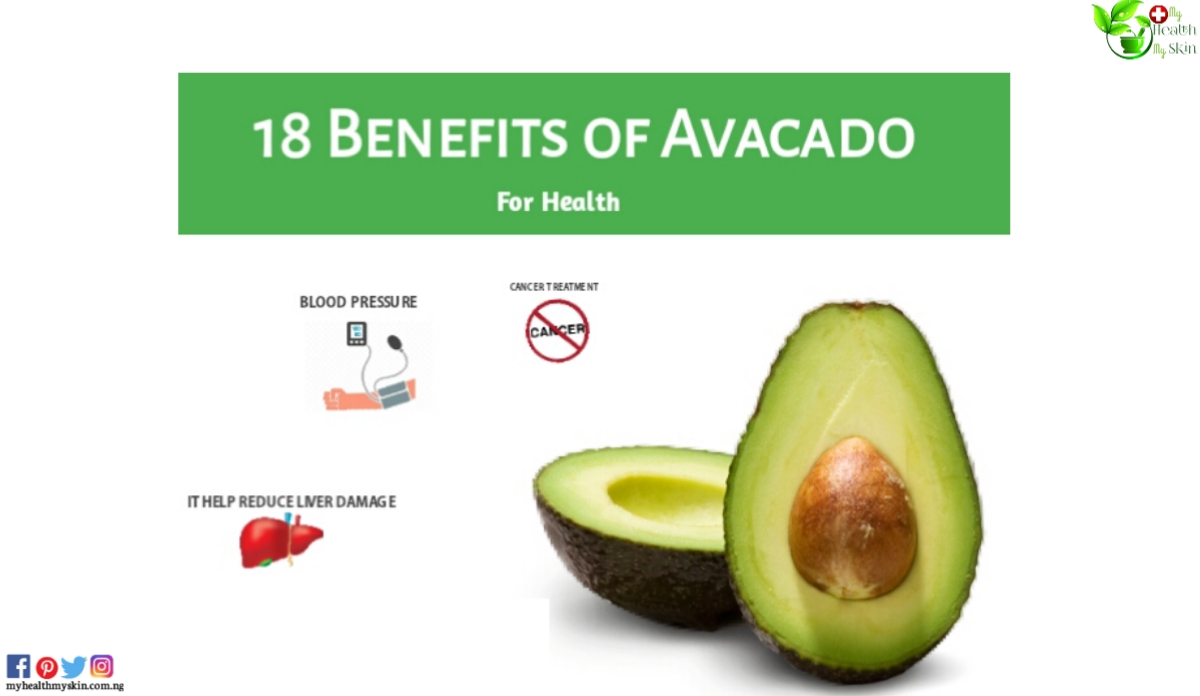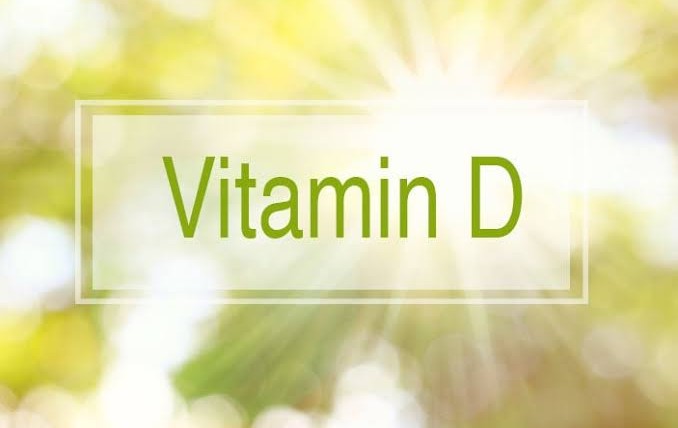Avocado, also called butter fruit, is a member of the laurel family (Lauraceae). Avocado is scientifically known as Persea americana.
The trees are native to the Western Hemisphere from Mexico south to the Andean regions.
This is a type of plant food which generally have a rough, green outer skin, buttery flesh, and large seed in the middle.
Avocodo fruit comes in different shapes, sizes, colors, and textures, their flavor is often described as mildly nutty and creamy.
Cinnamon, Oregon myrtle, and European bay are also part of this family. There are many different kinds of avocado. They vary in color, shape, flavor, and seed size.
Although avocado skin can be green, brown depending on the variety. Its inner flesh is usually yellow-green and it is rich in oil.
In this article, we explore the nutritional profile, benefits of avocado for health, potential side effect, how to select and store avocado, and where to buy avocado.
What Is Avocado?
Avocado is a bright green fruit with a large pit and dark leathery skin. They’re also known as alligator pears or butter fruit.
Avocados are a favorite of the produce section. They have a very unique taste, the flavor itself is very subtle and is earthy, grassy, and nutty but fresh.
It is primarily used as a delicacy and an aphrodisiac. The name “avocado” is derived from the Nahuatl word ahuacatl, which means “testicle”.
In the following section, we will look at the rich and varied nutritional profile of avacados.
[lwptoc]
What Is The Nutritional Profile Of Avocados
Numerous studies show that avocados are very nutritious and they contain a wide variety of nutrients, including 20 different vitamins and minerals. One serving (one-fifth of an avocado, approximately 40 grams) has:
- 64 calories
- Almost 6 grams of fat
- 3.4 grams of carbohydrate
- Less than a gram of sugar
- Almost 3 grams of fiber
I. They are high in healthy fats, which helps lower bad cholesterol, as long as you eat them in moderation.
II. Avocados contain lots of calories. The recommended serving size is smaller than you’d expect: 1/3 of a medium avocado (50 grams or 1.7 ounces). One ounce has about 50 calories.
III. Avocados has low in sugar level, and also they contain fiber, which helps you feel full longer.
IV. Avocados are a great source of Vit. C, Vit. E, Vitamin K, and B-6, as well as riboflavin, niacin, folate, pantothenic acid, magnesium, and potassium.
V. They also provide lutein, Beta-carotene, and omega-3 fatty acids.
This was about avocado nutritional benefits. Now, let’s find out how avocado can be beneficial for your health.
Benefits of Avocado For Health
There are several potential health benefits that scientists is associated with avocado.
Like most other fruits, avocado too comes with a horde of health benefits. Some of them are:
1. Cancer treatment
Avocados may even have a part to play in cancer treatment.
some research has shown that phytochemicals extracted from avocado can selectively prevent the growth of abnormal cells which are found on the continuum between normal cells and cancer cells.
2. Osteoarthritis
Osteoartrithis is a form of arthritis that causes cartilage degeneration, especially in the elderly.
Studies has shown that oil extracts from avocados can lower
osteoarthritis symptoms.
3. Protection against chronic disease
According to the Dept of Internal Medicine and Nutritional Sciences Program of the University of Kentucky, high fiber intakes are associated with significantly lower risks of developing coronary heart disease, stroke, hypertension, diabetes, obesity, and certain gastrointestinal diseases.
Regular consumption of fiber has also been shown to lower blood pressure, improve insulin sensitivity, and enhance weight loss for obese individuals.
Also, the vitamin E in avocados provides extra protection against acute UVB damage and protects against cell mutation caused by sun and pollution exposure.
4. Blood pressure
Researchers say folate is thought to reduce the risk of high blood pressure by helping blood vessels relax and improve blood flow.
And, also Avocados are rich in potassium which helps level out your blood pressure by lowering sodium levels in your blood and easing tension in your blood vessel walls.
5. Lower risk of depression
The high levels of folate in avocados may help keep depression, schizophrenia, and dementia symptoms at bay.
Vitamin B9 (also known as folate or folic acid) are important in balancing out depressive moods.
6. Uterine cervical dysplasia
Researchers say folate is thought to help treat uterine cervical dysplasia. It may also boost the immune system and help treat depression. Folic acid supplements haven’t been shown to affect heart disease.
7. Improved digestion
Avacados are high in insoluble fiber, which is the kind that helps move waste products through your body. Fiber keeps you regular and can prevent constipation.
9. Maintain healthy cholesterol levels
Avocados contains a natural plant sterol called beta-sitosterol, the plant version of cholesterol.
Regular consumption of beta-sitosterol and other plant sterols has shown to help lower cholesterol levels.
10. Cardiovascular inflammation
Most of the healthy fat in avocado is oleic acid, a monounsaturated fatty acid. This heart-healthy fat helps lower cardiovascular inflammation.
11. Healthy pregnancy
Folate in avacados also know as folic acid is extremely important for a healthy pregnancy.
Adequate intake of folate during pregnancy help reduce the risk of miscarriage, and neural tube defects in your baby’s brain and spine.
One avocado gives you around 41% of that. Researchers from the McGill University found a 30 percent higher incidence of a variety of birth defects in baby mice conceived using sperm from mice with a folate deficiency compared with mice conceived using sperm from mice with adequate folate levels.
12. May improve eye health
It is impossible to believe but, avocado has been found to improve eye health.
It also help protect the tissues in your eyes from UV light damage and also help prevent both cataracts and macular degeneration.
Lutein and zeaxanthin are antioxidants in avocados that are very good for the eyes.
As the monounsaturated fatty acids content in avocados supports the assimilation of other beneficial fat-soluble antioxidants, such as:
Beta-carotene, adding avocados to your daily diet may help to lower the risk of developing age-related macular degeneration.
13. Osteoporosis prevention
The oil extracts in avocados contain vitamin K which help boosts your bone health by slowing down bone loss and preventing osteoporosis.
Half of an avocado provides approximately 25 percent of the daily recommended intake of vitamin K.
This nutrient is often overlooked, but is essential for bone health.
14. Anti-microbial action
Avocados has substances that have antimicrobial activity, especially against Escherichia coli, the main cause of food poisoning.
15. Weight loss
A 2013 study published in the Nutrition Journal found that people eating avocado with a meal felt 23% more satisfied.
And they had a 28% lower desire to eat in the next five hours versus people who didn’t eat an avocado.
16. Improve brain health
The fruit is rich in oleic acid (or OEA), an omega-9 fatty acid that’s linked to improved cognition.
A 2009 study published in the Proceedings of the National Academy of Sciences of the United States of America found that these types of acids can enhance memory.
17. It help prevent gum disease
A 2006 study published in the Journal of Periodontology found that key ingredients in avocados may enhance protective effects against periodontal disease.
18. It help reduce liver damage
A 2000 study presented by the American Chemical Society found that avocados contain chemicals that can protect against liver toxins.
And avocados may be able to lessen the liver damage caused by the hepatitis C virus.
So, those were the 18 benefits of Avocado For Health. But the next big question is how you can select and store avacado? Read on to find out.
How To Select And Store Avocado
Selection
If the avocado yields to firm gentle pressure you know it’s ripe and ready-to-eat.
Ripe, ready to eat avocados may have a darker color but color can vary so it is best to go by feel as well as color.
It will feel lightly soft but it will not feel “mushy” to the touch. Ripe fruit is perfect for that day.
Storage
Wrap the avocado half in plastic wrap and place in the fridge. This will keep the avocado from turning brown for about another two days.
If your avocado is already ripe but you aren’t planning on eating it quite yet, simply place the whole fruit in the refrigerator.
Where To Buy Avocado
The best place to find Avocados is the local farmer’s market. You can also buy avacado in supermarket and online stores too.
It is clear that avocado has many health benefits but it can cause any harm If taken in excess quantity or when people with certain conditions take it?
Let’s find out in the next section
Potential Avocado Side Effects
1. Liver issues
Avocado contains two components called estragole and anethole, which can cause damage to your liver.
2. High potassium
You do want to have
potassium, but everything is all about the right amounts and balance.
Avocados have a lot of potassium, which is perfect for when you’re trying to raise your levels, but make sure that you don’t consume too much!
We’re not saying that you need to stop eating your avocado toast for breakfast, just try to monitor how much you’re consuming.
Sticking to a healthy diet based on your health needs, allergies and preferences is a great idea, however when combined with a workout plan that meets your goals, it might bring you significant benefits.
3. Hypersensitivity
If you are a person with hypersensitivity, then avocado is another thing you should avoid.
It has been shown to increase the effects and intensity of hypersensitivity.
4. Lowers HDL cholesterol
Although it is one of the good fats, avocado actually works against you when it comes to avocado.
It lowers levels of HDL cholesterol, which is the good type that your body needs.
5. Possible Issues During Pregnancy And Breastfeeding
Avocado may seem like it’s good for every situation, but the truth is that it should be avoided by pregnant and breastfeeding women.
Avocado reduces milk production and has even been known to damage the mammary gland.
Not to mention that babies’ stomachs are too sensitive to ingest avocado or its remnants.








39 Surprising Health Benefits of Jinja herbal extract
Top 6 Best Creams For Dark And Chocolate Skin Color In Nigeria 2024
10 Potential Health Benefits of Unripe Plantain
6 Spiritual Benefits of Cloves | Clove Bath & How to Use
How to increase your vitamin D intake in winter
De-diafix Supplement: A medicine to treat Diabetes and Prediabetes
5 Dangerous Side Effects Of Eating Bread Regularly That You Should Know
You need to Deworm if you notice these 6 signs in your Body